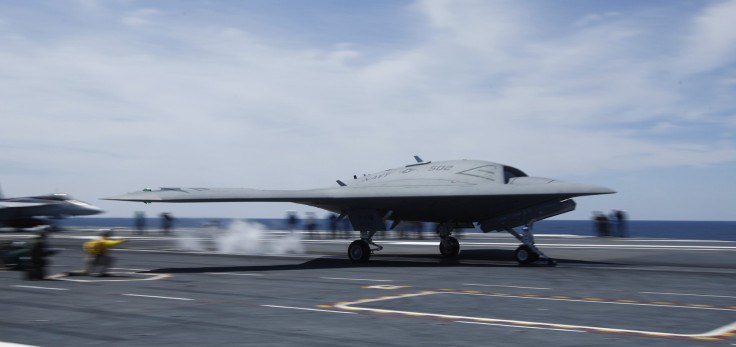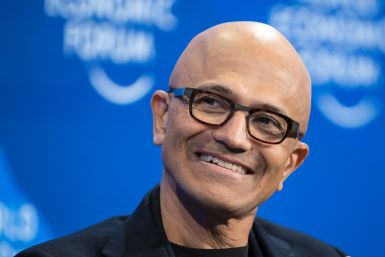Hawking, Wozniak and 1K AI experts launch global campaign against Military Artificial Intelligence weapons

One thousand leading researchers and experts in Artificial Intelligence around the globe have signed and endorsed an open letter in an effort to urge the United Nations to ban offensive autonomous weapons systems for mass production due to its possible threats to human safety. The letter argues against the possible availability of autonomous weapons in the black market and its capability for terrorism.
Released in July 28, the letter argues against the scientific and engineering challenges of building “thinking machines” and using autonomous weapons in Military Artificial Intelligence arms race. The authors admitted that AI provides benefit by reducing casualties in the battlefield by replacing military personnel. But the machines are not beneficial for humanity for it is self-operating, ideal for tasks such as assassinations, destabilising nations, subduing populations and selectively killing a particular ethnic group without taking any human intervention, experts warned.
The campaign, discussed in the 2015 International Joint Conference on Artificial Intelligence, or IJCAI, in Buenos Aires on Tuesday, suggests the deployment of autonomous weapons will play a dangerous role in driving war, after conflicts on gunpowder and nuclear arms. The experts who endorsed the open letter said the offensive weapons are "beyond meaningful human control," following the U.S. Department of Defense describing autonomous weapons as “a weapon system that, once activated, can select and engage targets without further intervention by a human operator.”
The co-signers also warned about the possibility of the autonomous weapons to be accessible in the black market and “in the hands of terrorists, dictators wishing to better control their populace, warlords wishing to perpetrate ethnic cleansing and more” as it only requires cheaper materials and is easy for mass production, the letter indicated.
Elon Musk of SpaceX and Tesla Motors, and professor Stephen Hawking, two of the prominent endorsers of the letter, have warned prior to the campaign that AI is the “biggest existential threat” that could “spell the end of the human race.”
AI is technology that can be used for good to “help tackle many of the pressing problems facing society today - inequality and poverty, the rising cost of health care, the impact of global warming,” Toby Walsh, a professor in artificial intelligence at NICTA and the University of New South Wales, said. However, it can also be used to inflict unnecessary harm, he added.
Among the top experts who signed the letter are Musk of SpaceX and Tesla Motors, Google DeepMind Chief Executive Demis Hassabis, Apple co-founder Steve Wozniak, and Hawking, together with other academics and figures of technology. The UN committees have already discussed the idea of international ban on autonomous weapons in April, however, the United Kingdom opposed the campaign as the government considers an international humanitarian law already provides sufficient regulation for the weapons.
Contact the writer at feedback@ibtimes.com.au






